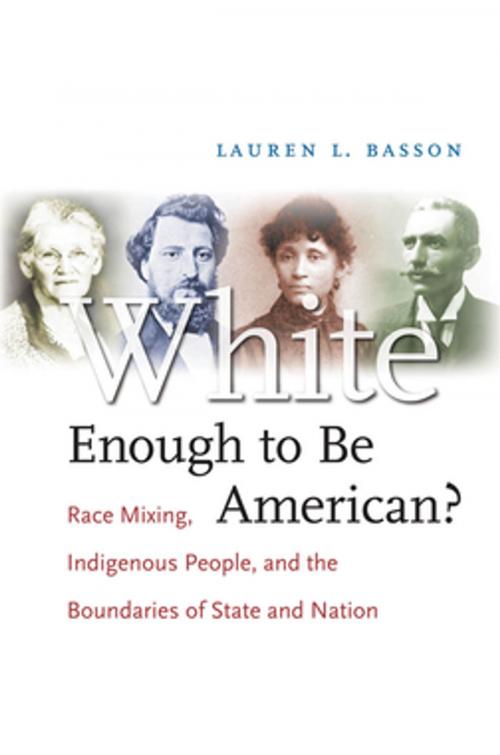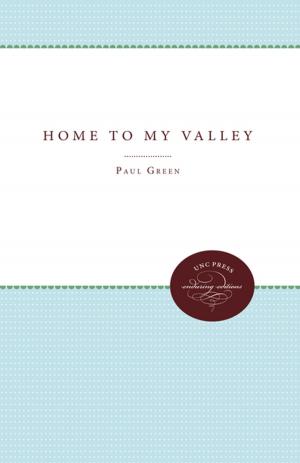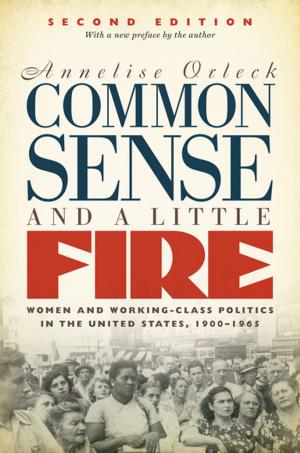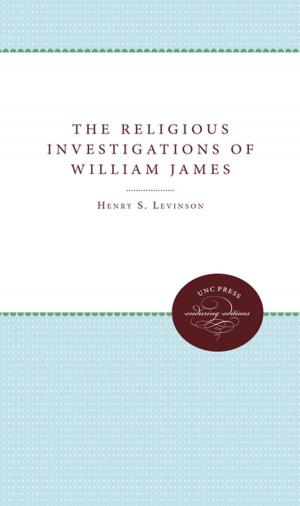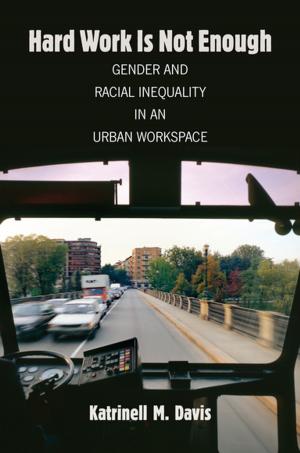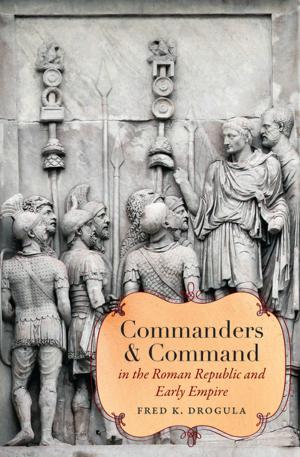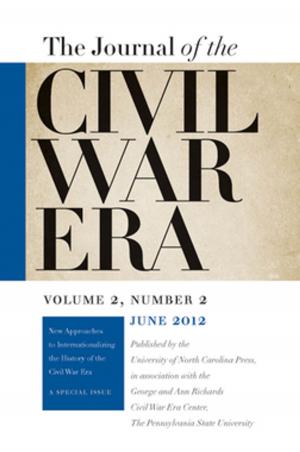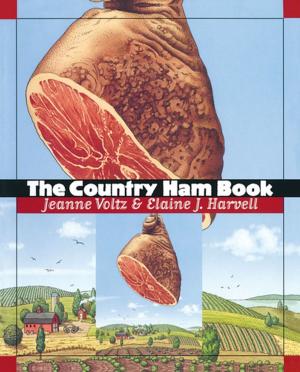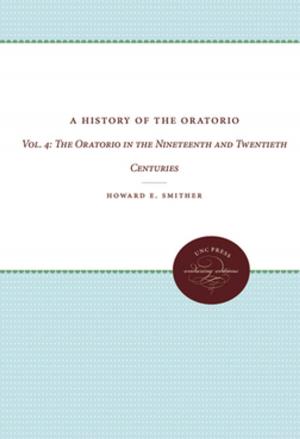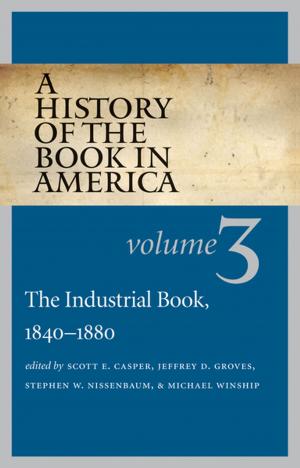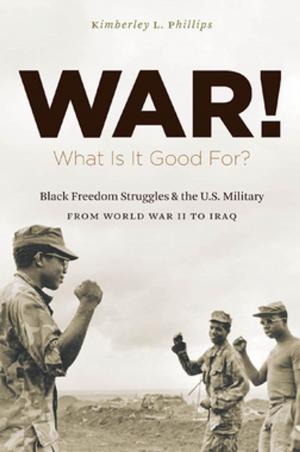White Enough to Be American?
Race Mixing, Indigenous People, and the Boundaries of State and Nation
Nonfiction, Social & Cultural Studies, Political Science, Government, Civics, Social Science, Cultural Studies, Ethnic Studies, Discrimination & Race Relations| Author: | Lauren L. Basson | ISBN: | 9781469606439 |
| Publisher: | The University of North Carolina Press | Publication: | September 1, 2012 |
| Imprint: | The University of North Carolina Press | Language: | English |
| Author: | Lauren L. Basson |
| ISBN: | 9781469606439 |
| Publisher: | The University of North Carolina Press |
| Publication: | September 1, 2012 |
| Imprint: | The University of North Carolina Press |
| Language: | English |
Racial mixture posed a distinct threat to European American perceptions of the nation and state in the late nineteenth century, says Lauren Basson, as it exposed and disrupted the racial categories that organized political and social life in the United States. Offering a provocative conceptual approach to the study of citizenship, nationhood, and race, Basson explores how racial mixture challenged and sometimes changed the boundaries that defined what it meant to be American.
Drawing on government documents, press coverage, and firsthand accounts, Basson presents four fascinating case studies concerning indigenous people of "mixed" descent. She reveals how the ambiguous status of racially mixed people underscored the problematic nature of policies and practices based on clearly defined racial boundaries. Contributing to timely discussions about race, ethnicity, citizenship, and nationhood, Basson demonstrates how the challenges to the American political and legal systems posed by racial mixture helped lead to a new definition of what it meant to be American--one that relied on institutions of private property and white supremacy.
Racial mixture posed a distinct threat to European American perceptions of the nation and state in the late nineteenth century, says Lauren Basson, as it exposed and disrupted the racial categories that organized political and social life in the United States. Offering a provocative conceptual approach to the study of citizenship, nationhood, and race, Basson explores how racial mixture challenged and sometimes changed the boundaries that defined what it meant to be American.
Drawing on government documents, press coverage, and firsthand accounts, Basson presents four fascinating case studies concerning indigenous people of "mixed" descent. She reveals how the ambiguous status of racially mixed people underscored the problematic nature of policies and practices based on clearly defined racial boundaries. Contributing to timely discussions about race, ethnicity, citizenship, and nationhood, Basson demonstrates how the challenges to the American political and legal systems posed by racial mixture helped lead to a new definition of what it meant to be American--one that relied on institutions of private property and white supremacy.
